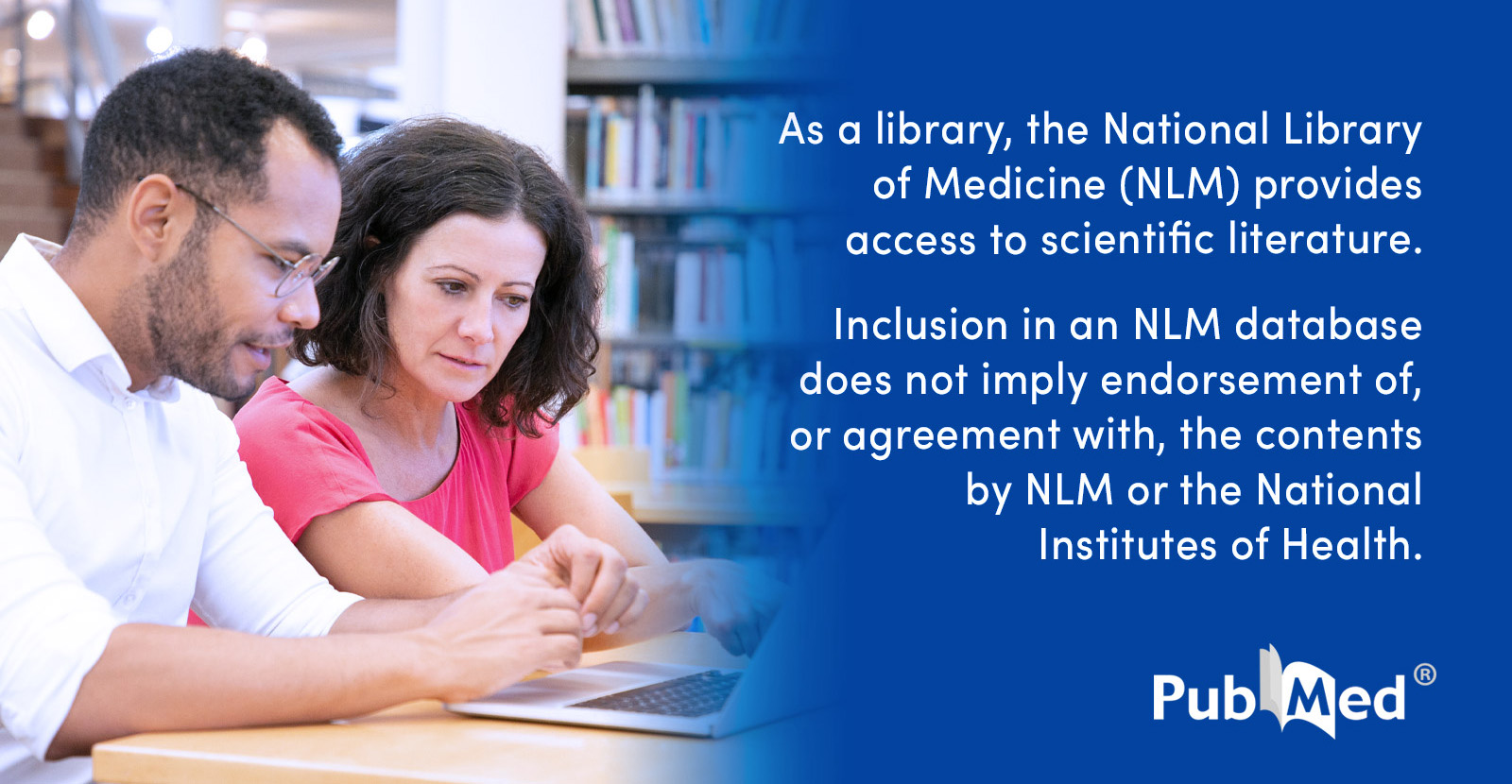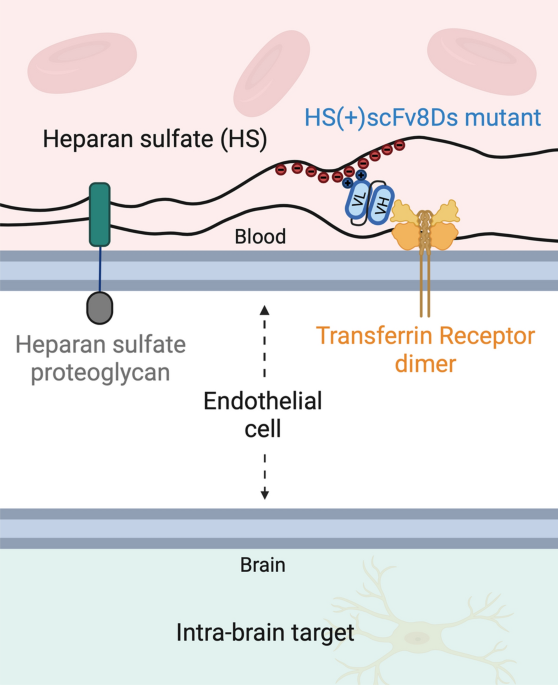I remember that some people reported crying, either awake or during the sleep, while taking iodine. That never happened to me while taking Lugol, but it did while taking the combination of blue iodine and vitamin D. It doesn't happen if I take just the blue iodine. I spent a lot of time trying to find some connection between iodine and vitamin D and I finally found reports from several people which you can find here:
 pmc.ncbi.nlm.nih.gov
pmc.ncbi.nlm.nih.gov
I will start again with such combination and see what will happen.
I also found a possible explanation of my experience with iodine and phospholipids. A combination of iodine and cholesterol is used for the visualization of some steroid-hormone-producing glands, like adrenals and ovaries, because such glands readily absorb iodocholesterol. So it seems that different forms of iodine go to different places.

 link.springer.com
link.springer.com
SOME NOTES ON OUR PRESENT KNOWLEDGE AND IGNORANCE OF THYROID FUNCTION - PMC
I will start again with such combination and see what will happen.
I also found a possible explanation of my experience with iodine and phospholipids. A combination of iodine and cholesterol is used for the visualization of some steroid-hormone-producing glands, like adrenals and ovaries, because such glands readily absorb iodocholesterol. So it seems that different forms of iodine go to different places.
Leydig-cell tumor of the ovary: Visualization using 131I-19-iodocholesterol scintigraphy - European Journal of Nuclear Medicine and Molecular Imaging
A Leydig (Hilus)-cell tumor of the ovary was diagnosed in a 54-year-old woman with severe hirsutism and virilization. This case is unique in that (1) it was diagnosed in a postmenopausal female 24 years after ovarian irradiation for sterilization, and (2) the tumor was successfully localized...



